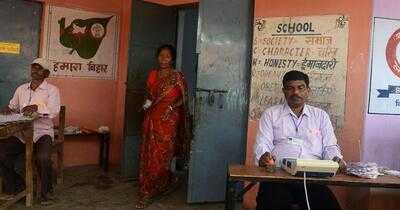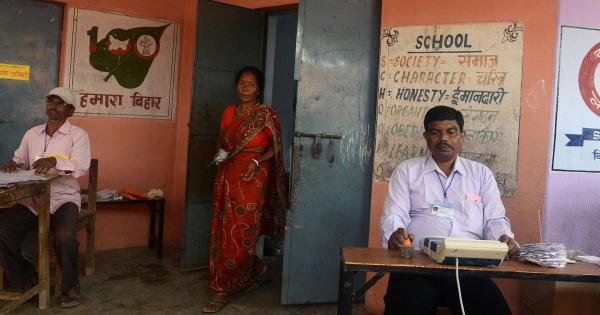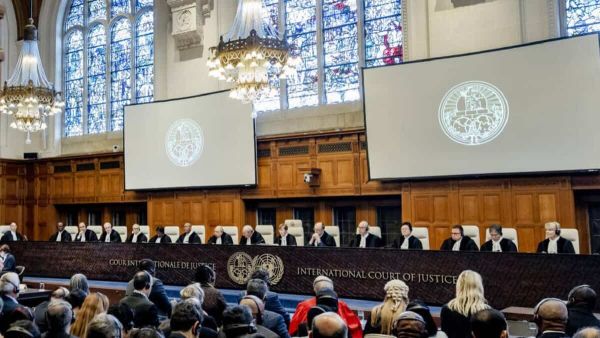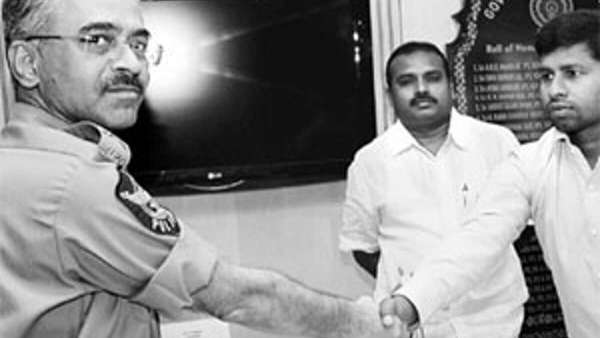

As Bihar heads into another election season, new research suggests that the state’s voters may be making far more calculated choices than the clichés suggest – that citizens back candidates on caste lines, paying little attention to issues such as employment or development.
In some cases, they support candidates with criminal records, betting on their ability to deliver. In others, loyalty to an ethnic party fades when that party fields tainted faces. As for dynastic politicians, responsiveness to grievances of the public often comes only when the ballot box demands it.
These findings come from a research paper by Abhinav Khemka, a post doctoral fellow at the University of Barcelona’s Department of Economics published in December. Titled Dynamics of Political Criminality, Dynasties, and Governance in Indian Democracy, the study focuses primarily on Bihar. With the state gearing up for its Assembly elections on November 6 and November 11, the research takes on added significance.
Bihar’s politics has long been haunted by the ghosts of its “strongman era”, a phenomenon born in the 1970s when booth-capturing musclemenstopped working for caste elites and began seizing power for themselves. Rejecting their traditional role of enforcers, these men stepped into the ring as candidates, reshaping the electoral battlefield.
Half a century later, as Bihar heads...
Read more
-
ICJ orders Israel to allow UNRWA aid operations in Gaza

-
Israel ‘not a US protectorate’, says Netanyahu ahead of Gaza talks

-
Indian expat student dies during Diwali celebrations in Dubai

-
Jail-streamed: The promise of mainstreaming surrendered Maoist turns a mirage

-
How Arab families in foreign countries keep children connected to Arabic
